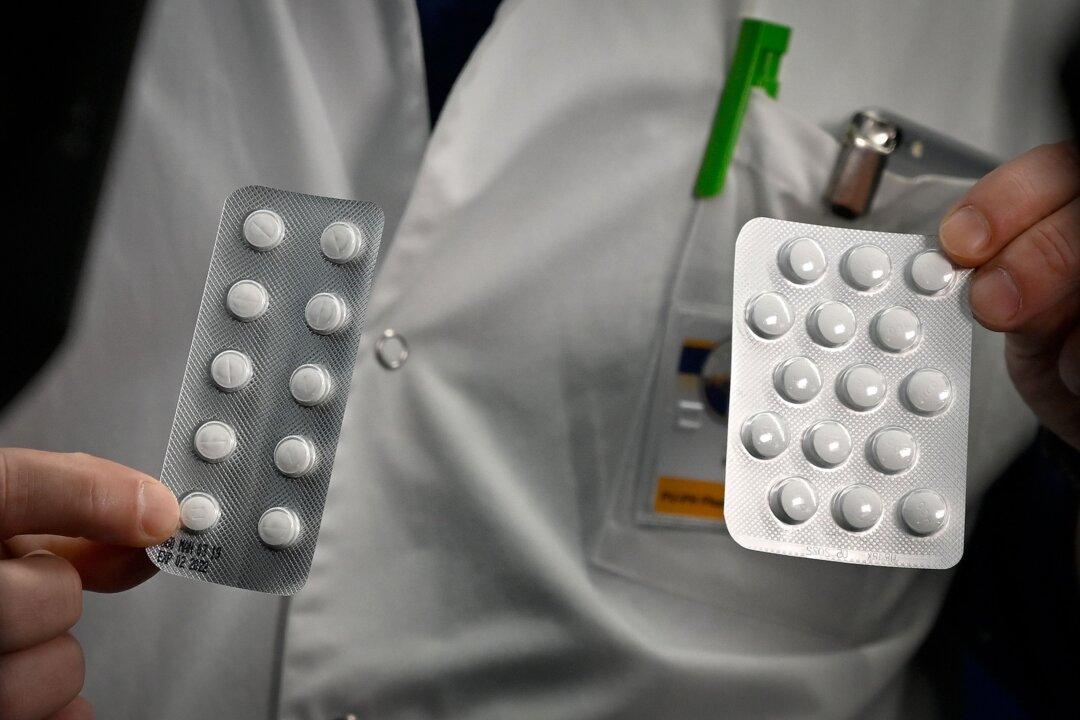Half of a study in Brazil exploring how COVID-19 patients reacted to different levels of chloroquine was stopped because of potential safety hazards, researchers said.
The double-blinded study was meant to assess the safety and effectiveness of two different chloroquine dosages in patients hospitalized with COVID-19 at Hospital e Pronto-Socorro Delphina Rinaldi Abdel Aziz in Manaus.





